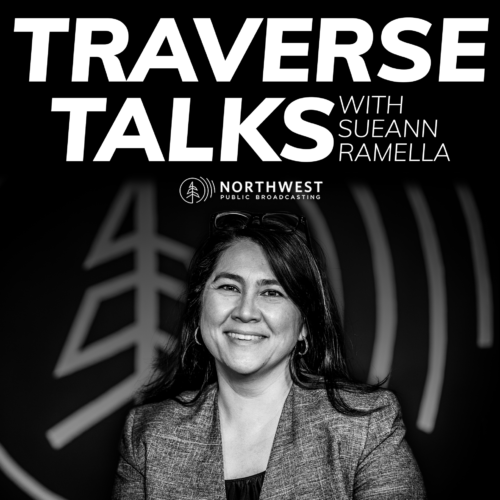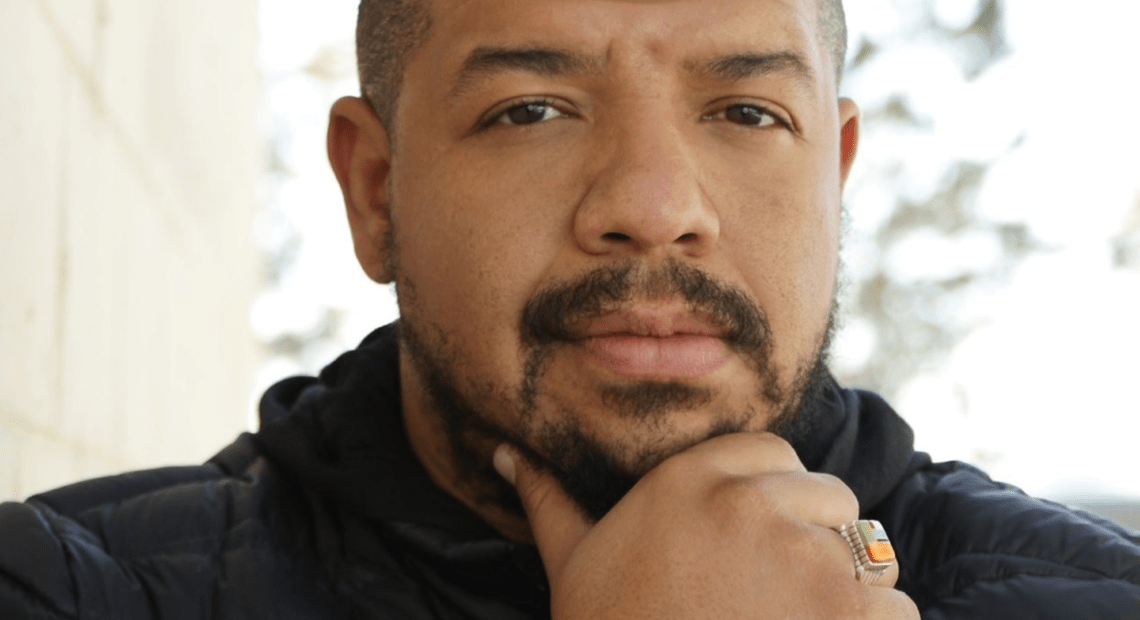
‘Traverse Talks’ Episode 2: Poet Jordan Chaney On Acknowledging, Learning From And Healing Racism
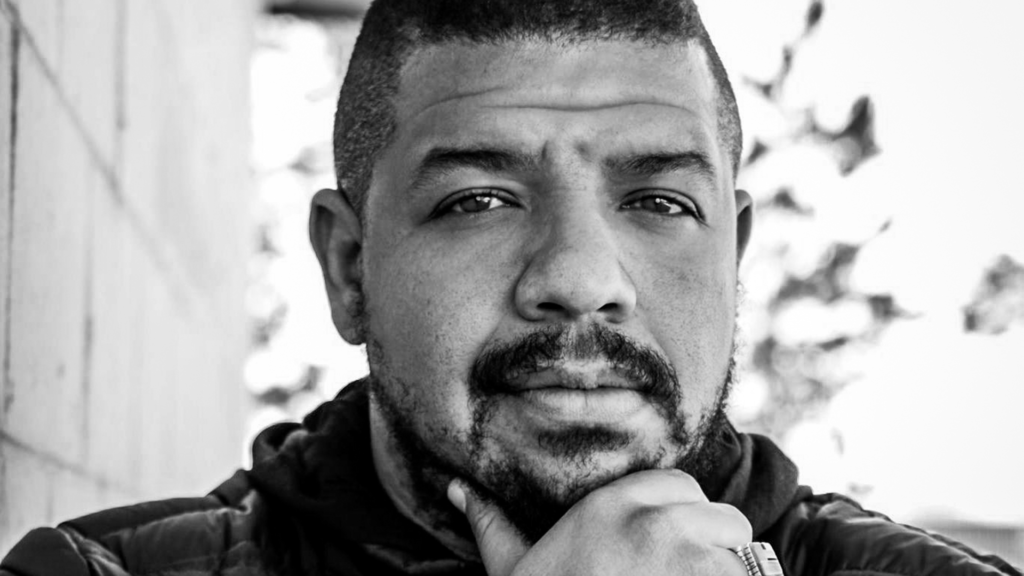
How can you acknowledge racism and heal it? In this episode of Traverse Talks with Sueann Ramella, Poet Jordan Chaney is a Black Indigenous Person of Color, lecturer, poet and an artist from Pasco, Washington. He gives advice on how to be a true ally, setting and respecting boundaries when it comes to talking about race, how to recognize trauma and allow everyone to ‘F-up’…and that means forgive. Listen to his episode below or stream Traverse Talks with Sueann Ramella, wherever you get your podcasts.
SUBSCRIBE: Spotify / Apple Podcasts / NPR One /
Listen
Conversation Highlights:
Poet Jordan’s Thoughts on Doing the Work to Become a Better Ally:
It’s worth that much up front to talk about the educational aspect of this for allies and friends to read these books, to really understand it so you can engage in a clean way that doesn’t cause infection or harm. When we talk about racism and dismantling systems, we’re not talking about deactivating a bomb, the bomb went off hundreds of years ago. We’re talking about healing a wound. The beside manner and the approach and the touch should be held in that regard.
Views on Setting Boundaries During Discussions About Race:
I always say, we have to give each other room here to ‘f’ up and that means forgive. I automatically understand that if I’m having a conversation with someone about race, first, the person who is oppressed, who is the target of racism and oppression must agree that this conversation is allowed to happen with them in particular.
Thoughts on Cancel Culture:
In activism, we have three ways of handling people; call in, call out and cancel. If someone is violating us in some way or some one is harming the community we try to call them in and say, ‘Hey, are you aware that you’re doing this, that or the other?’ and if they are then they can easily correct it. We begin to call people out once they are harming themselves and others and they refuse to stop. Then that’s where ‘cancel’ comes in.
Poet Jordan’s View of What Justice Looks Like:
I spend a lot of time dreaming up what a new civilization would be like. At the first protest I spoke at, I want to say it was the first protest after George Floyd was killed, I spoke of this civilization that I see. It’s a civilization that is a product of justice. I don’t want to wear that word down because we hear it by rote, we chant it by rote and it begins to lose its weight. We think of it as this abstract thing, it’s just a word. Justice is an actual spirit and a law, like gravity. What comes as the result of a fair society is safety.
*Responses were edited for length and clarity.
Related Stories:
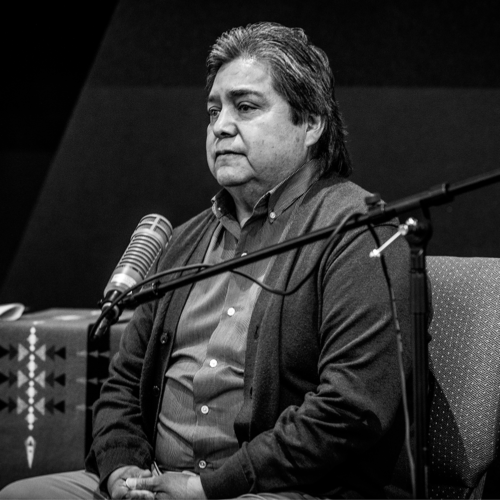
Captive Returns Home: The Story Of Wetxuuwíitin – ‘Traverse Talks’ Episode 42 – With Chairman Samuel Penney
Photo of Sam Penney recording Traverse Talks at the Nez Perce National Historic Park on March 10, 2022. Imagine a stranger took your family’s heirlooms and then offered you an
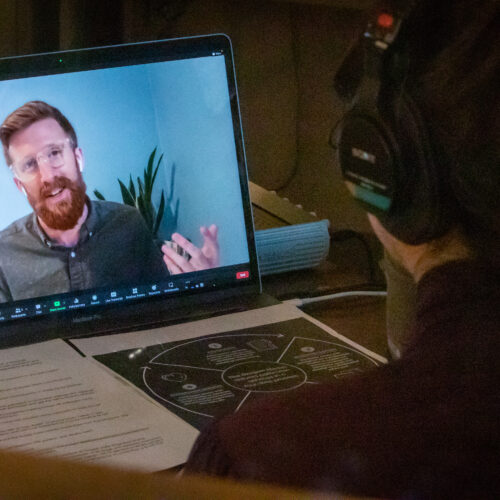
Psilocybin: Psychology, Policy and Possibilities – ‘Traverse Talks’ Episode 41 – With Sam Chapman
Sueann Ramella interviews Sam Chapman virtually on April 19, 2022. What do you really know about psilocybin, commonly known as magic mushrooms? Research on the substance has lagged behind in
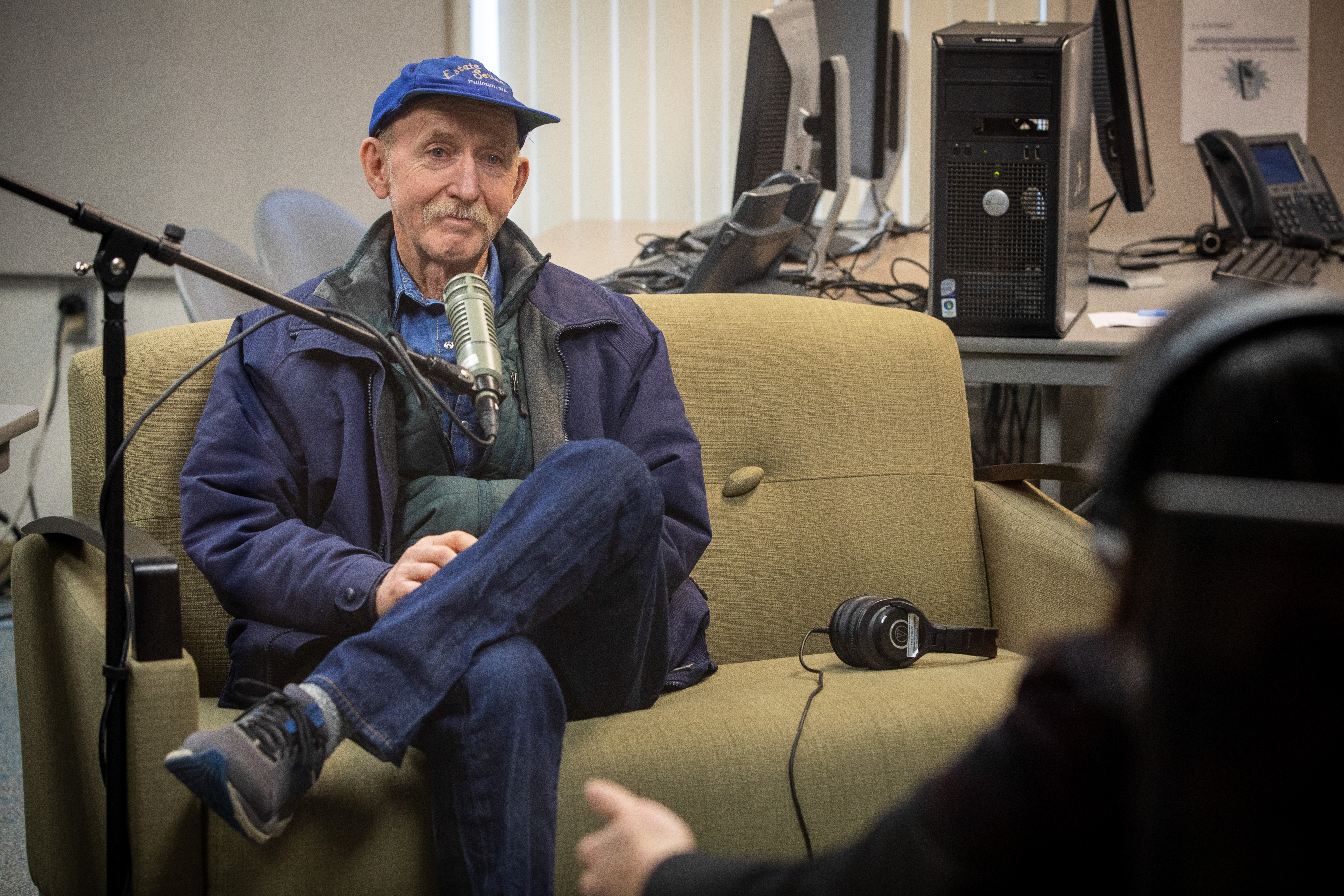
You Inherited A House Full Of Stuff. What’s Next? ‘Traverse Talks’ Episode 38 – With Estate Services Owner Rich Old
Rich Old recording this episode of Traverse Talks on March 3rd, 2022. Grieving the loss of a loved one is already hard enough. To make matters worse, many people have

